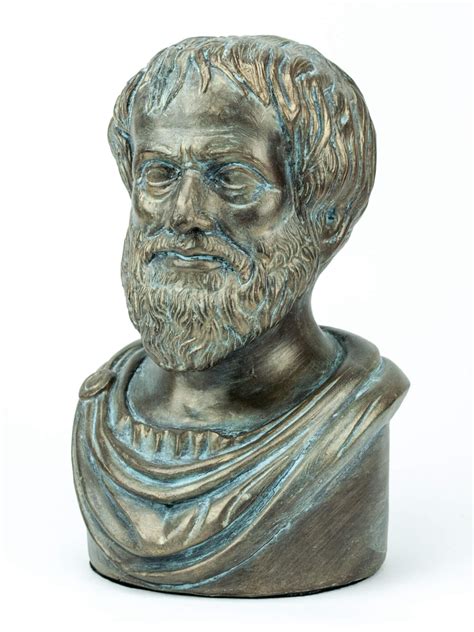A Quote by Wendell Phillips
The best use of good laws is to teach men to trample bad laws under their feet.
Related Quotes
I know some say, let us have good laws, and no matter for the men that execute them: but let them consider, that though good laws do well, good men do better: for good laws may want good men, and be abolished or evaded [invaded in Franklin's print] by ill men; but good men will never want good laws, nor suffer ill ones.
Does man's freedom consist in revolting against all laws? We say no, in so far as laws are natural, economic, and social laws, not authoritatively imposed but inherent in things, in relations, in situations, the natural development of which is expressed by those laws. We say YES if they are political and juridical laws, imposed upon men by men.
A single assembly will never be a steady guardian of the laws, if Machiavel is right, when he says, Men are never good but through necessity: on the contrary, when good and evil are left to their choice, they will not fail to throw every thing into disorder and confusion. Hunger and poverty may make men industrious, but laws only can make them good; for, if men were so of themselves, there would be no occasion for laws; but, as the case is far otherwise, they are absolutely necessary.
It is urged that the use of the masculine pronouns he, his, and him in all the constitutions and laws, is proof that only men were meant to be included in their provisions. If you insist on this version of the letter of the law, we shall insist that you be consistent and accept the other horn of the dilemma, which would compel you to exempt women from taxation for the support of the government and from penalties for the violation of laws. There is no she or her or hers in the tax laws, and this is equally true of all the criminal laws.
The ideal to which John Adams subscribed-that we would be a nation of laws, not of men-was quickly subverted when the churches forced upon everyone, through supposedly neutral and just laws, their innumerable taboos on sex, alcohol, gambling. We are now indeed a nation of laws, mostly bad and certainly antihuman.
Laws, it is said, are for the protection of the people. It's unfortunate that there are no statistics on the number of lives that are clobbered yearly as a result of laws: outmoded laws; laws that found their way onto the books as a result of ignorance, hysteria or political haymaking; antilife laws; biased laws; laws that pretend that reality is fixed and nature is definable; laws that deny people the right to refuse protection. A survey such as that could keep a dozen dull sociologists out of mischief for months.






































